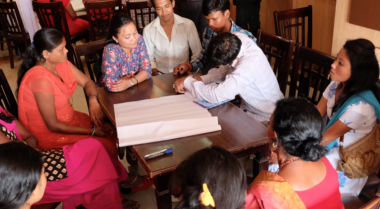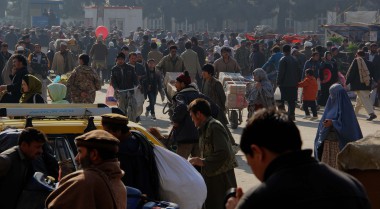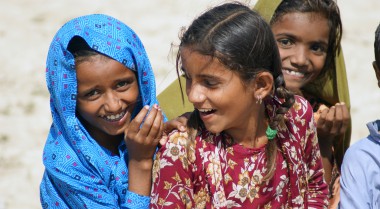
Human Security
Human security is a human right; it refers to the security of people and communities, as opposed to the security of states. Human security recognises that there are several dimensions related to feeling safe, such as freedom from fear, freedom from want, and freedom from indignity. A people-centred approach to security has implications for how we carry out and understand conflict assessment, programme planning, implementation, and evaluation of peacebuilding initiatives.
Challenges and Opportunities
Human security addresses sustainable peace by recognising the social, economic, and political grievances that are often the root causes of conflict and societal violence. It challenges us to consider participatory ways of doing and evaluating our work. The human security approach is not only centred on people as objects of interventions, but also as providers of security in their own right.
Our Approach
As a founding principle for GPPAC's approach, our work on human security has served to strengthen our normative framework for policy engagements, as well as to bring together the common threads for the ‘doing' of conflict prevention and peacebuilding in practice. This has focused on two main pillars:
-
Defining and promoting a human security approach to conflict prevention and peacebuilding; and
-
Demonstrating and developing how such a human security approach can be ‘operationalised'.
The main principles we promote through human security are context specificity, local ownership and inclusiveness, and multi-stakeholder engagement.
Throughout the years, GPPAC and partners have developed several human security publications into a human security toolkit to provide practical guidance.





